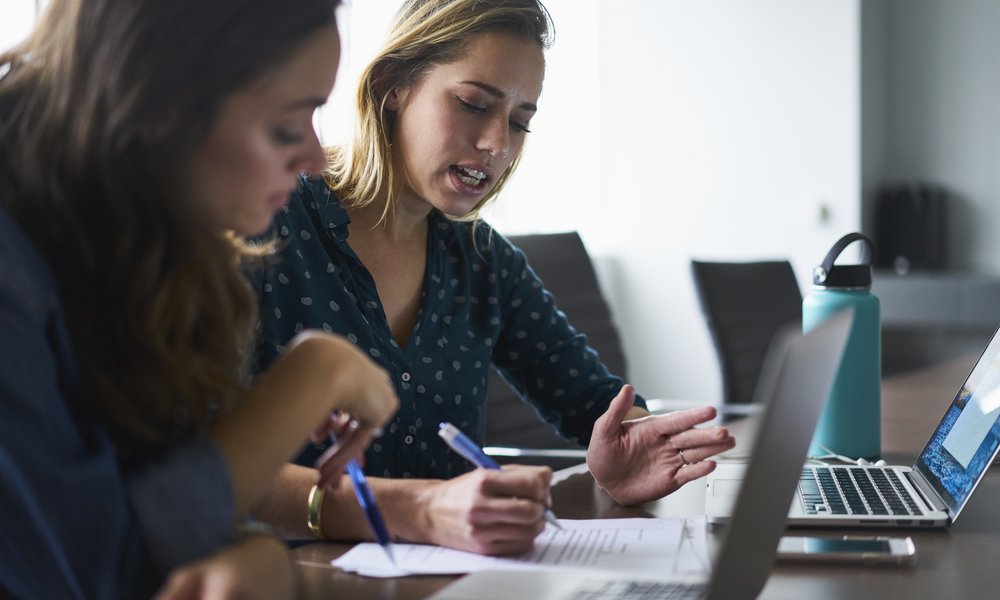Putting people back into power: learning from local energy
by Rebecca Willis
21 Oct 2015
Think for a moment about the energy debates that hog the headlines. Will the lights go out this winter? Can renewables provide reliable power, or are wind farms just a blot on the landscape? Just how much will the new nuclear station at Hinckley Point cost, and who’s paying?
There’s something missing from these headlines: people. The debate rages about whether to opt for nuclear or renewables, or whether shale gas can save us. The people who are using and paying for this energy – that’s you and me – are barely mentioned, except as recipients of the dreaded energy bills, passively paying for the power that comes from far away.
But people aren’t just passive consumers of energy any more. In recent years, the UK has seen an upsurge in local solutions to energy. In Brixton, residents have worked with Lambeth Council to turn roofs into power stations, installing solar panels on flats in the neighbourhood. In the process, they’ve raised capital from local investors, helped tenants to cut their energy bills, and provided apprenticeships for young people in the area. In the Brecon Beacons, a group of hydro power pioneers have set up a community-owned company to help other local areas set up their own schemes. In Denmark, it’s long been assumed that local people are responsible enough to sort out their own energy. Small stations, producing both electricity and heat, and owned by the municipality or a committee of locals, are commonplace.
A new research project for the British Academy, in collaboration with Lancaster University, aims to learn from these and other initiatives, and put people at the centre of the energy debate. The project will gather twelve case studies of community energy projects, from different countries including the UK, Denmark, Germany, Belgium and South Korea, to look at the cultural factors that influence community energy. It will ask what motivates people to be part of a community energy project; and how local circumstances affect that project. It will ask how national institutional and political cultures affect the way we produce and use energy, and whether the UK could learn from other countries whose political culture is more conducive to small-scale energy solutions. And it will ask whether these community solutions in turn affect local cultures, perhaps improving people’s understanding of where their power comes from, and what they can do to save energy and cut carbon.
Findings from the project will be showcased on this blog, as they emerge. So you can look forward to hearing about how South Korean activists installed solar power on the roof of a Buddhist sanctuary; the wind turbines on the Isle of Lewis which provide an income for local community projects; the German village which has become self-sufficient in renewable energy; and whether all this could add up to a viable alternative model for our energy future, or whether we’re stuck with those same headlines for some time to come.
This project is a collaboration between Rebecca Willis, Neil Simcock and Peter Capener, in association with Lancaster University.
Rebecca Willis is an independent researcher. Her work focuses on environmental politics and policymaking at both a national and local level. Rebecca convenes Green Alliance’s Climate Leadership Programme for MPs, and, with Lancaster University, is conducting research into the politics of climate change in the UK. She has a particular expertise in community energy issues, working with Co-operatives UK and others to improve the policy environment for decentralised energy solutions.


